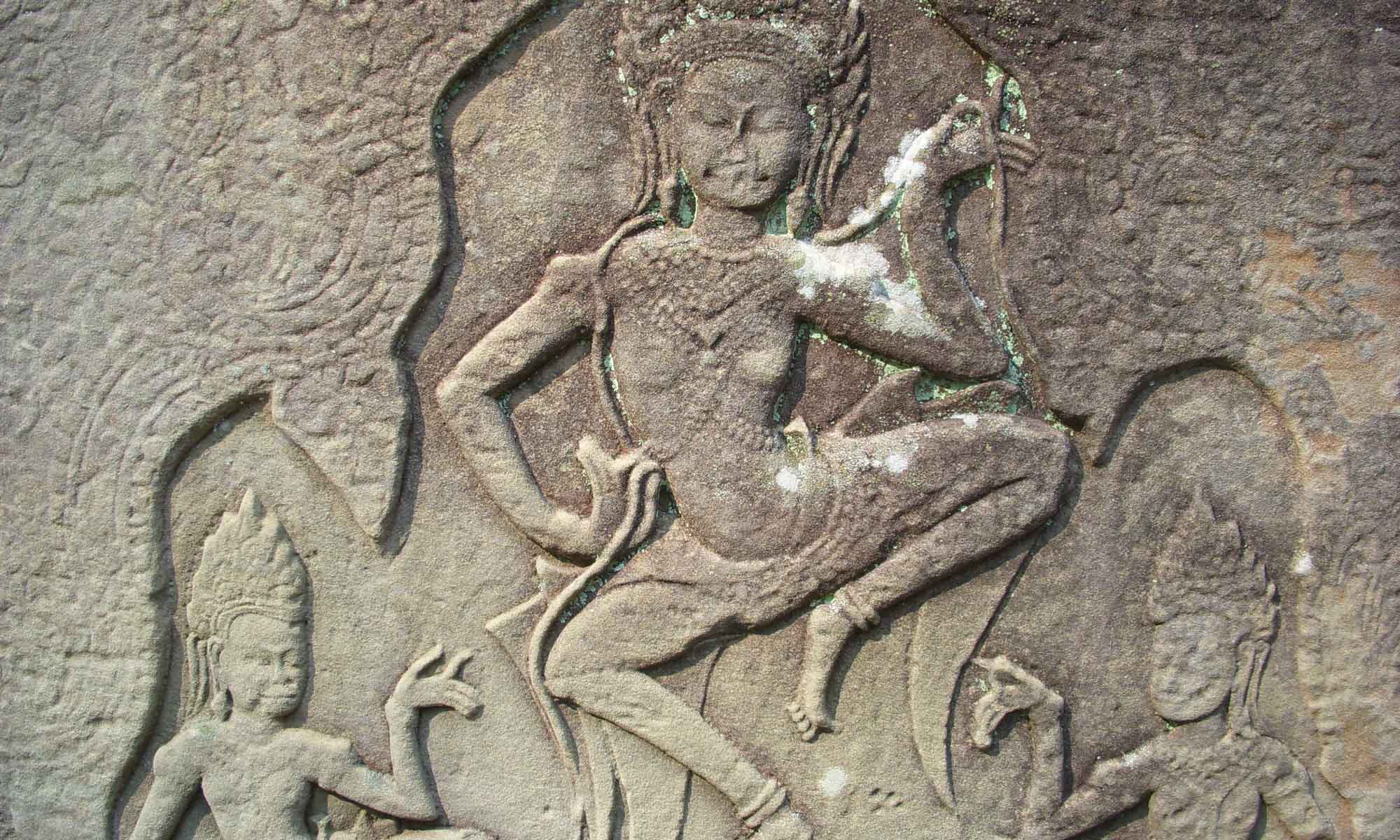Symposium Panels, April 10th at 1:15 PM Eastern Daylight Time
Panel 1 “Celestial Cycles and Earthly Rhythms”
Panel 2 “Listening to ~ and Speaking with ~ Animals and Other Sentient Beings”
See the 2022 Symposium page for registration and event information.
Choose from between these panels on the event site. Remember–all recordings will be available for attendees for 1 year following the event, so you don’t have to worry about missing anything!
~ ~ ~ ~ ~ ~ ~ ~ ~ ~ ~ ~ ~ ~ ~ ~ ~ ~ ~ ~ ~ ~ ~ ~
PANEL 1 “Celestial Cycles and Earthly Rhythms”

Ann Filemyr: “Celestial Ecologies: Living within the Solar and Lunar Wheels as Rhythmic Cycles of Change”
Ann Filemyr is President of Southwestern College, a consciousness-based graduate school in Santa Fe, NM, where she serves as the Founder and Director of the new transdisciplinary, applied PhD in Visionary Practice & Regenerative Leadership. She has also served as Director of the Ecotherapy Certificate at SWC and a teacher of consciousness and visionary practice.

Annie Finch: “Riding Meter’s Magic Language Home: How an Ancient Poetic Technology Can Help Reunite Us with the Earth, the Divine Feminine and Each Other”
Annie Finch’s books include Spells: New and Selected Poems, A Poet’s Craft, and Among the Goddesses (Sarasvati Award, ASWM). Her poems have appeared onstage at Carnegie Hall and in The Penguin Anthology of Twentieth-Century American Poetry. As Poetry Witch, Annie collaborates on multimedia performances. She offers community, classes, and rituals at PoetryWitch.org.

Marna Hauk: “Hygeia, Green and Shealing; Cultivating and Embodying Green Healing Energy with Asteroid, Dream and Myth”
Marna Hauk is Founding Faculty and Associate Director of the Doctoral Program in Visionary Practice and Regenerative Leadership at Southwestern College. She innovates learning circles and scholarship in regenerative futures, multispecies and ecological feminisms, arts-based methods, and climate justice.

Laura Shannon: “Basil, apple and rose: women, protection and plants in Greek folk songs”
Laura Shannon has been researching traditional women’s dances for 35 years, learning from village grandmothers in Greece and the Balkans. Founding Director of the Athena Institute for Women’s Dance and Culture, she is currently a PhD candidate at the University of Gloucester. In 2021, Carol P. Christ chose Laura to succeed her as Director of the Ariadne Institute for the Study of Myth and Ritual.
~ ~ ~ ~ ~ ~ ~ ~ ~ ~ ~ ~ ~ ~ ~ ~ ~ ~ ~ ~ ~ ~ ~ ~
PANEL 2 “Listening to ~ and Speaking with ~ Animals and Other Sentient Beings”

Barbara Mann: “Thinking Yours Doesn’t Stink: Dis/Respect for Others”
Barbara Alice Mann is Professor of Humanities, University of Toledo, Ohio, USA. The latest of her fifteen books are President by Massacre: Indian-Killing for Political Gain (2019). She is currently working on a book about woman-and-bear traditions in the global north. Mann was for twenty-five years the Speaker and/or Northern Director of the Native American Alliance of Ohio.

Kaarina Kailo: “The Woman who Married the Bear and Original Instructions”
Kaarina Kailo has worked as prof. or senior scholar of Women’s Studies in Finland and Canada. Her expertise includes Northern indigenous studies, ecomythology and bear spirituality. Her publications include Wo/men & Bears— Nature, Culture, Gender; Finnish Goddess Mythology and the Golden Woman; Mothering, GIft and Revolution and studies on sauna spirituality.

Susan Moulton:”WILD vs DOMESTIC”
Susan Moulton was a university professor for 44 years at Sonoma State University and visiting professor at additional universities in the U.S. and abroad. She has published articles and lectured on art, including Palaeolithic Cave Art, and Animal Behavior. She manages a small farm with diverse plants, heritage trees, and domestic and wild animals, including rescued American mustangs and burros. She is currently working on a book on Learning from Animals.![]()

Rebeca Vincent: “Why We Need Selkies”
Rebeca Vincent is a writer, editor, and environmental educator with a Ph.D. in Mythological Studies. Her writing centers on water, nature, myth, and the intersection between myth and the environment. Her creative nonfiction has appeared in various publications, anthologies, literary reviews, and blogs.

















You must be logged in to post a comment.